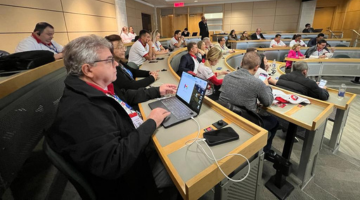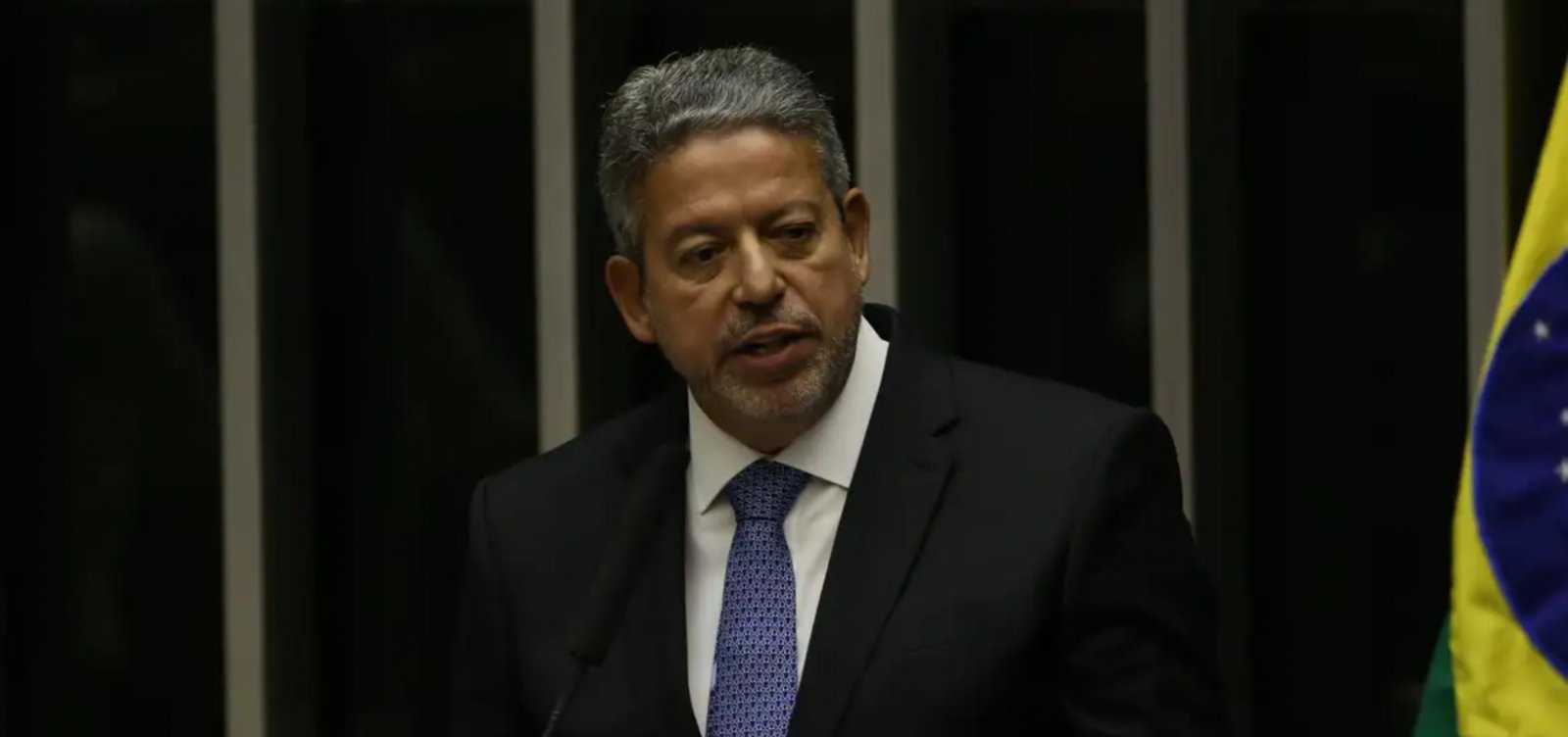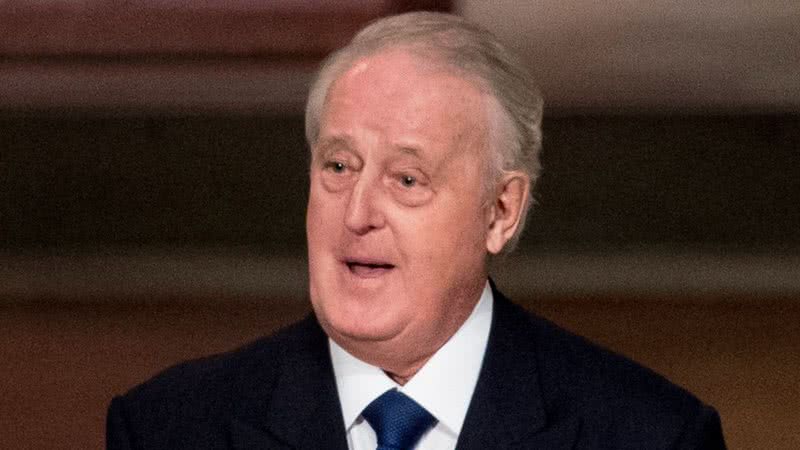October is a month marked by an international agenda at ABMES. In addition, this period was also a period of strong political activity and important results for the Association and the entire education sector.
On October 4, ABMES participated in the announcement by the Ministry of Education (MEC), in collaboration with the Ministry of Health, of the notification of the accreditation of new private medical courses, within the Mais Médicos program. The move will create 5,700 places across 95 courses, spread across 1,719 cities.
The following day, 5 October, at the request of ABMES, the MEC published notice no.75, dated 5 October 2023, with “supplementary rules included in the edition of Enade to be held in 2024”. The text confirms that student regularity can be verified by IES itself, between December 1, 2023 and January 3, 2024, using the procedures stated in the notice.
5th ABMES International Delegation
And on October 6, the 5th ABMES International Delegation departed for Canada. Over 10 days, the group visited four Canadian institutions; signed three cooperation agreements; participate in debates and learning on topics such as Medicine, Entrepreneurship, Artificial Intelligence, Innovation, Learning from Experience, Incubators, Laboratories, Organizations
Inter-American Association, New Generation, in addition to experience from the perspective of higher education institutions (HEI) in the country, with space for interaction at all times. – Click here and view the final report
2022 Higher Education Census
On October 10, the Ministry of Education and Culture released the 2022 Higher Education Census Data. ABMES gave interviews to several national newspapers regarding the main figures released, especially regarding the growth of Distance Education (EAD).
Events and meetings
CEO, Celso Niskier, participated on October 19 in the Edu Mission Summit, in São Paulo/SP, promoted by Humus. Speaker on the “future of education” panel, Niskier spoke about the Hybrid Quadrant, presented data from the ABMES/Symplicity Employability Indicator (IASE) and also commented on figures from the 2022 Higher Education Census.
Also participating in the panel were Ewerton Fulini, vice president of the Ayrton Senna Institute and João Paulo Bittencourt, manager of Higher Education at Sociedade Beneficente Israelita Brasileira Albert Einstein.
Continuing the international agenda, at the invitation of the British Minister of Education, Nick Gibb MP, Celso Niskier, participated in the event “Evidence-Based Education: the importance of assessment for impact on learning”, which was held on October 24, at the United Kingdom Embassy, in Brasilia/DF. The event was moderated by Kelly Tavares, Head of Education in Latin America and the Caribbean for the British Government, and attended by INP president Manuel Palacios and other officials.
The next day, October 25 morning, the Association held a virtual seminar on the topic “Application of predictive methods in higher education”. In the afternoon, Celso Niskier met with AGU Minister Jorge Messias to discuss relevant issues in higher education regulation. Key topics are always under the supervision of legal consultants, providing an opportunity to discuss the direction of the current system.
Almost ending the month of October, on the 30th, Associação ABMES) participated, at the invitation of the National Bank for Economic and Social Development (BNDES), in the launch of the “BNDES Law and Development Forum”, in Rio de Janeiro /RJ. Bruno Coimbra, legal director at ABMES, represented the entity at the event. The presence of the education sector and its proximity to BNDES is critical to building pathways so that higher education institutions can also access the public development and sustainability policies offered by the World Bank.
Enade 2022
Finally, on October 31, ABMES followed up on the publication of the Enade 2022 results. On that occasion, Minister of Education Camilo Santana announced changes to the degree assessment: starting next year, the courses will be evaluated annually, instead of in a three-year cycle; there will be a review of the reference matrix that composes the exam questions and evaluations of supervised internships and INP will determine the mark limits to set the minimum expected performance, thus, the government will have a percentage of students passing with adequate scores. show.

“Geek zombie. Subtly charming social media scholar. Beer enthusiast. Lifelong bacon pioneer.”






